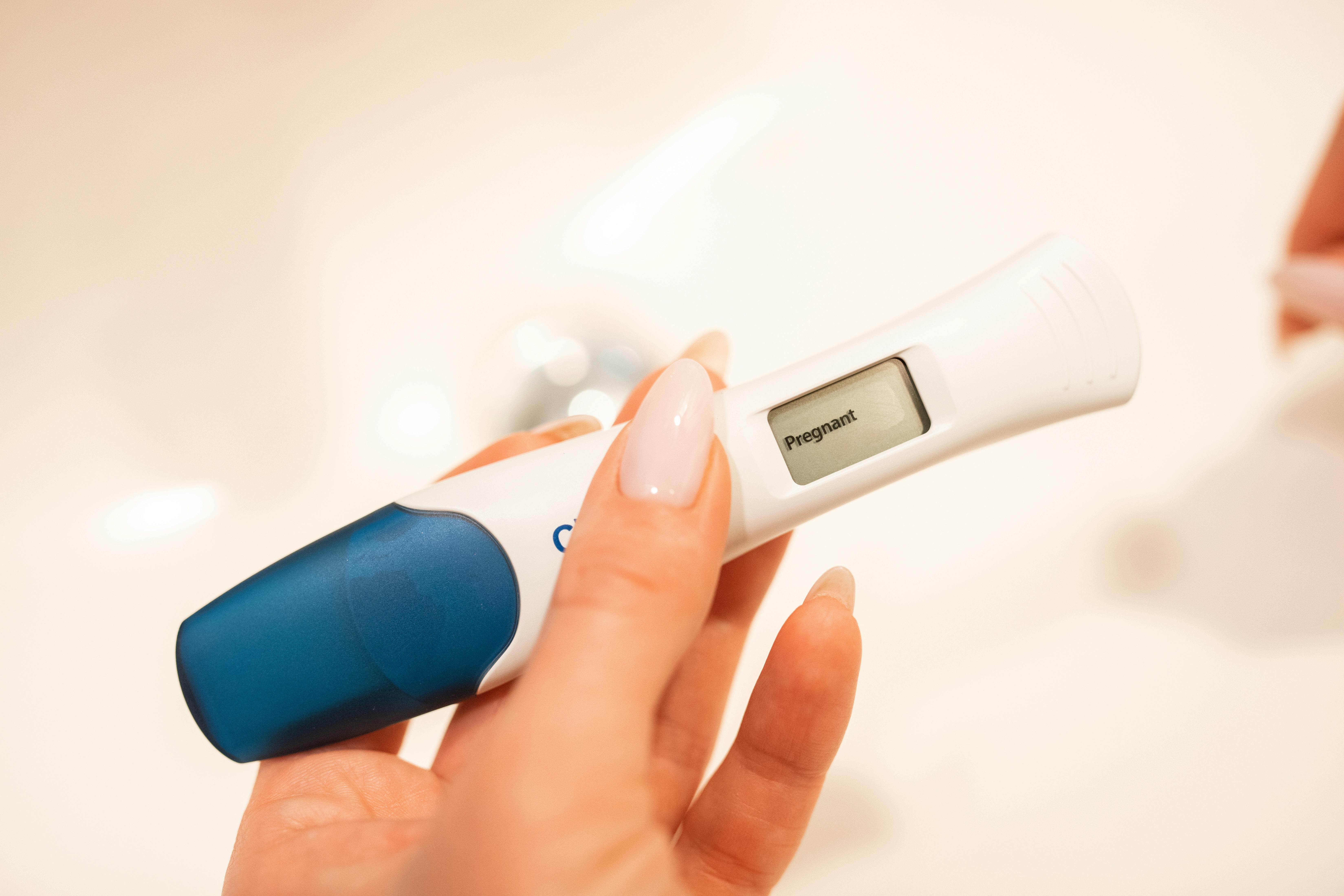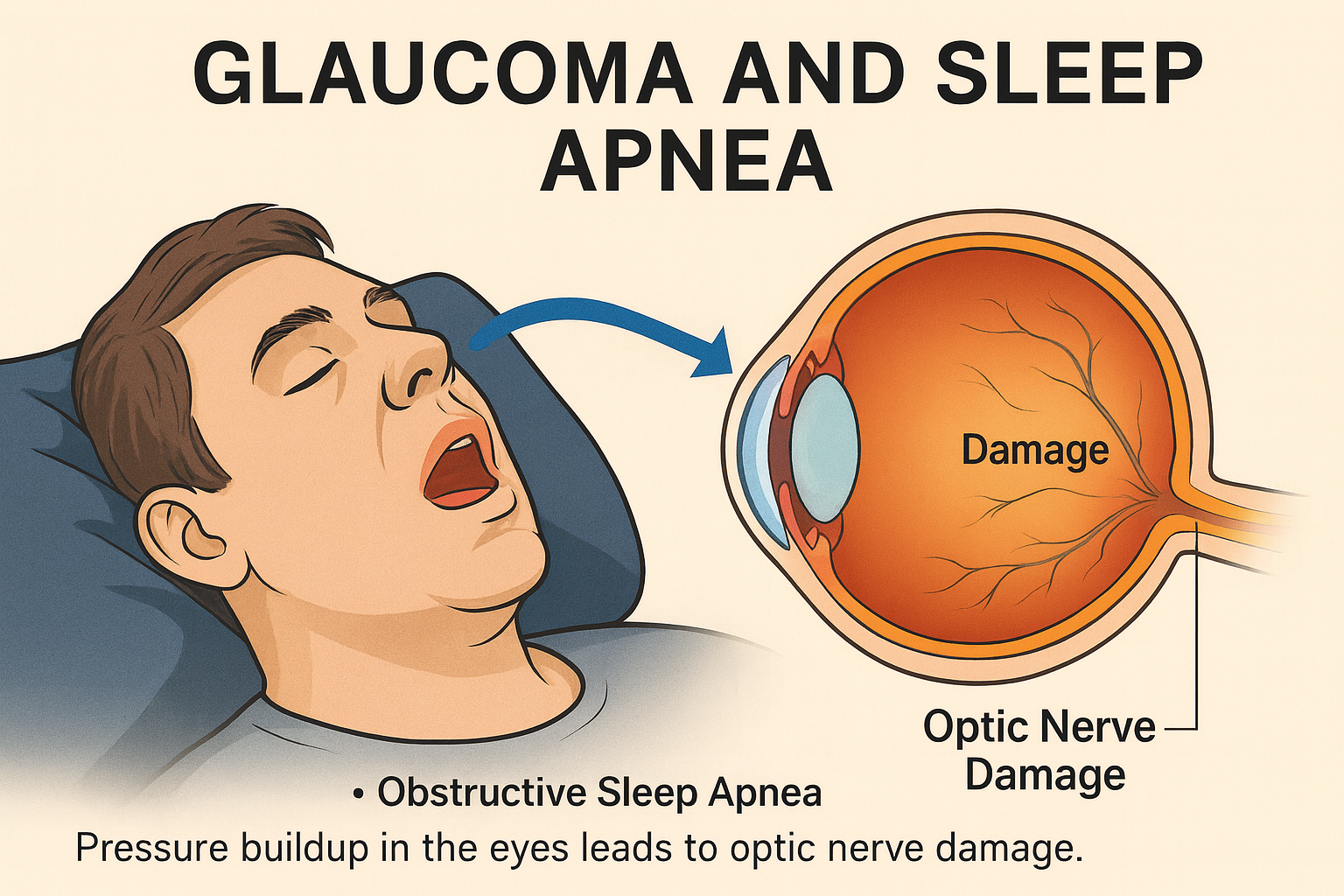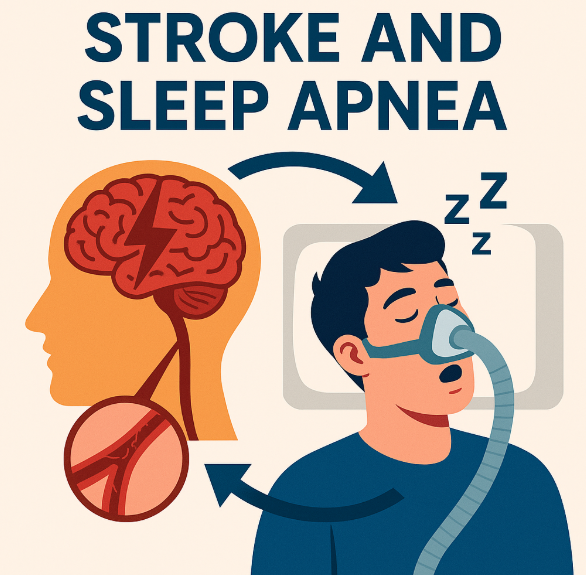Reviewed by Sahil Chopra, MD, and Stacey Gunn, MD.
Research by Savit Malhotra.
Introduction
As we continue to explore how sleep apnea affects the body, we will now turn our attention to its wide-ranging impact on cardiovascular health. As we will discuss momentarily, heart disease is one of the most dangerous conditions a person can face. And yet, it seems to be the one people are least concerned about–almost as if we have become desensitized to how it can change our lives. As the growing heart disease epidemic continues to worsen, we will spend the next few articles educating our readers on how their sleep apnea can lead to certain heart problems. We will break down each of these diseases in detail, the mechanism behind how sleep apnea worsens them, and the best ways to go about treating the issues.
What is Coronary Artery Disease (CAD)?
Coronary artery disease (CAD) is one example of a heart disease that obstructive sleep apnea can contribute to. Those with CAD experience a reduced flow of blood to the heart due to fats, cholesterol, and other substances blocking the coronary arteries. This is due to what is known as atherosclerosis, which is where these fats and substances (also known as plaque) build up on the walls of the arteries, causing a reduction in blood flow to the heart. When these plaques rupture, the artery may become entirely blocked, which can cause a heart attack.[1]
Heart disease is one of the leading causes of death in the United States, accounting for 702,880 of the total deaths in 2022. Of those heart disease-related deaths, about 52.9% (371,506) were due to coronary heart disease/coronary artery disease, making it the most common and most deadly type of heart disease.[2] With so many people suffering from CAD and heart disease as a whole, it is important to understand the broader impacts–and how you can protect yourself. One key way you can reduce your risk of developing CAD is by treating your sleep apnea.

So, What’s the Relationship?
It has long been known that obstructive sleep apnea (OSA) is correlated with an increase in cardiovascular disease, and the worsening of OSA can lead to greater chances of developing heart disease. For example, one study found that 68% of their patients with OSA also had coronary artery disease (specifically, three-vessel disease), compared to less than half that number, 32% of patients without sleep apnea, being found to have coronary artery disease.[3] There are several thoughts about why this is likely to be the case. One hypothesis is that, due to the pauses in breathing caused by sleep apnea, a person will experience low blood oxygen levels, meaning that the cells do not receive enough oxygen to thrive. In turn, the heart has to compensate for this by pumping more blood, causing an increase in blood pressure and more wear and tear on the heart. Evidence also supports that this decrease in blood oxygen caused by sleep apnea leads to damage in the vessels that supply blood to the heart.[4] It is also believed that the repeated drops in blood oxygen level can cause oxidative stress (for more information, read our article on the relationship between diabetes and OSA) and inflammation in the body. These two combined further the development of plaque buildup in the arteries and blood vessels. If enough plaque is built up, a heart attack may result.[5] Another potential mechanism is that, in sleep apnea, there are large swings in pressure in the chest cavity, which causes an increase in the body’s “fight-or-flight” response, putting stress on the body. [6]
Interestingly, the relationship does not necessarily go in the other direction, and CAD itself is typically not considered to be a risk factor for developing OSA; it can occur indirectly. For example, a patient who develops heart failure following a heart attack might have a higher risk for sleep apnea (which we will discuss in a future article), but the presence of atherosclerotic plaques in the blood vessels does not appear to directly lead to airway collapse during the night. It is, however, well-established now that OSA independently increases the risk of developing CAD, as the literature surrounding the topic continues to grow.[7]
Can CPAP Lower My Risk of a Heart Attack?
There has been a lot of talk in the sleep medicine literature as to how CPAP machines can directly reduce the risk of heart disease and heart attacks. However, the data on this turns out not to be so clear. Previous literature (and common thought) suggested that as you improve breathing, cardiac health should also improve. However, large randomized trials have contested this idea, being unable to demonstrate benefit, and there has been a back-and-forth battle as to which answer is correct. One study, for example, has shown that patients using CPAP following a procedure to open blocked blood vessels in the heart had higher levels of inflammatory markers compared to those who were treated without CPAP.[11]
This problem, the strain between the reasonable expectation that if sleep apnea contributes to heart disease, then treating sleep apnea should help prevent it, but randomized trials being unable to confirm that, has led to a lot of debate in the field. This led to the Agency for Healthcare Research and Quality (AHRQ) publishing literature suggesting that CPAP was of minimal value since it has not been shown to improve cardiovascular risk or mortality rates. This was swiftly followed by a response by the American Academy of Sleep Medicine, which outlines the weaknesses of that analysis/conclusion. In particular, the AASM points out that there are other clear benefits to CPAP (improved quality of life, and increased public and personal safety via fewer car accidents), and that it is difficult to show benefit in randomized trials because it is generally considered not to be ethical to deprive sleepy people from using CPAP, so many studies only look at people who are not sleepy. This means that the results from those studies may not be widely applicable to many people with sleep apnea. For more information, here is an editorial remark by the Sleep Review summarizing the results of the papers.
What Should I Watch For?
While diagnosing either of the conditions should be left to a medical professional, there are a number of warning signs a person should be on the lookout for. For example, the symptoms of sleep apnea include:
- Loud snoring
- Daytime sleepiness
- Morning headaches
- Dry mouth/sore throat upon awakening
- Decreased interest in sex (we will have a separate article discussing why this is)
- Gasping during sleep
Although some of these conditions will need to be observed by a bed partner, symptoms like daytime sleepiness can be self-determined.[9]
It is possible to have coronary artery disease without any symptoms at first, or they might become apparent with exercise. Some symptoms of CAD include:
- Shortness of breath
- Fatigue
- Chest pain
- Discomfort in the chest (such as pressure or tightness)
- Pain extending to the back, arms, shoulder, neck, or other surrounding areas
- Heartburn
- Lightheadedness
- Nausea
- Cold sweats
If you notice any of these symptoms, it is important to keep notes on when they started and the severity, and if the symptoms are worsening. And, if you are concerned that you might be having a heart attack, please call 911.[10] Talking to a sleep medicine doctor or cardiologist about these issues is important, and you should see a doctor if you feel that these may be severely impacting your health.
Conclusion
The relationship between heart disease and OSA is one that is being unravelled, and the evidence we have now supporting the relationship between the two is plentiful. Although sleep apnea itself doesn’t typically cause death, it can lead to heart-related issues, and these, as we have discussed, are significantly more serious. Your health is important, and any issue, regardless of how small it may seem, should be taken seriously. Sleep apnea is often overlooked and goes untreated in many cases. We at Empower Sleep want to make sure that you are well informed of how sleep apnea affects you and your overall health. If you are worried that you may have sleep apnea, it is important that you see a sleep doctor to assess what the best course of action is.
FAQ
Q. “Can treating sleep apnea prevent heart disease?”
- Heart disease has a number of additional components aside from sleep apnea, such as a person’s genetics, lifestyle, and other underlying conditions (obesity, diabetes, etc.). While treating sleep apnea cannot prevent heart disease altogether, it can definitely help reduce a person’s risk of developing heart disease.
Q. “Is sleep apnea worse for people with existing heart conditions?”
- Yes, for those with pre-existing heart conditions, sleep apnea can worsen these conditions. One study found that OSA can increase the risk of heart failure by 140%, stroke by 60%, and CAD by 30%.[12] If a person has any existing heart conditions, they should be particularly careful when it comes to sleep apnea. Sleep apnea, as we have discussed, can increase blood pressure and put more stress on the heart, causing further damage.
Q. “Are there other treatments besides CPAP?”
- Yes! Although CPAP is one of the most common types of treatments for sleep apnea, it is not the only treatment. After meeting with your doctor you decide that a CPAP machine may not be the right fit for you, other options, such as oral appliances that reposition the jaw or tongue and positional therapy, which aims to reduce the time spent sleeping on your back, can be considered. However, we have also talked in the past about how obesity can play a role in sleep apnea, and so lifestyle changes aimed at weight loss are also an option.






























































































%20thumbnail.jpg)
.png)